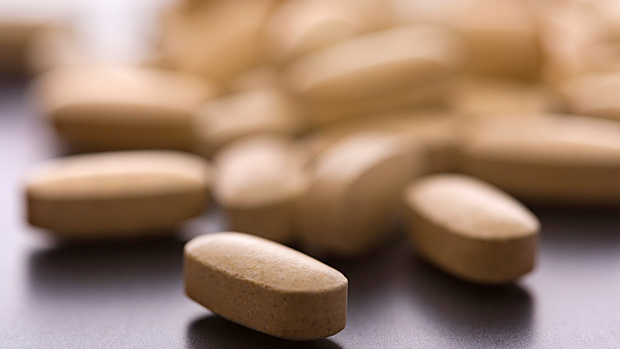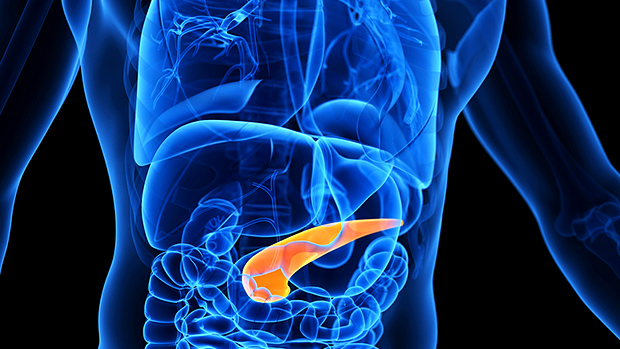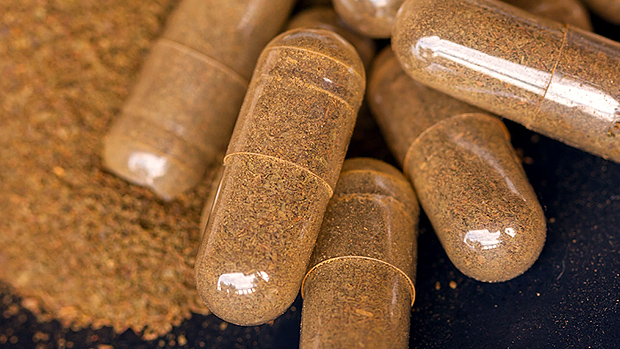The theory offered up in 1972 was this: Free radicals affect the mitochondria of the cells, setting into motion a cascade of enzymes that slice up and kill the cells, ultimately leading to organ and possibly systemic failure. As such, you need to fortify yourself with antioxidants so that you're invulnerable to the ravages of chemicals, bad diet, too much sunlight, radiation, pollution, Internet trolling, and even time. That's why nearly everyone in the civilized world goes around with the blind belief that ingesting as many antioxidants as possible is a good thing.
It's quite likely they're all wrong.
The Truth
Yes, quenching the production of free radicals is a good thing... to a point. The problem is probably one of dosage, incorrect timing, the wrong antioxidants, or too much antioxidant.
If you completely turn off free radical leakage through antioxidants, the membrane potential of the energy-producing cellular organelles known as mitochondria collapse and cell-dissolving proteins are spilled into the cell. If a bunch of mitochondria do this, the cell dies. If a bunch of them do this, organ health and overall health can suffer.
Free radicals are actually important to health because, in addition to telling the cell when or when not to commit suicide, they also fine tune cellular respiration, otherwise known as the production of ATP (the energy currency of the cell). ATP is essential to existence. Monkey around with it too much through the use of antioxidants and the center can't hold. You might not feel any different, but on a cellular level, you might be self-destructing, little by little.
So What Should I Do?!
You should still ingest antioxidants, but probably not individual antioxidants in pill or capsule form. What nutritional science has done, in its hubris, was cherry-pick individual antioxidants and mega-dose on them, assuming that they act alone instead of in concert with dozens, hundreds, or even thousands of other antioxidants. This is why you get reports that too much vitamin E or C can cause serious health problems.
Consider a lowly sprig of thyme. It alone contains 30 different antioxidants. Isn't it possible that maybe, just maybe, their alleged benefits are obtained when ingesting all of them together, rather than cherry-picking one or two?
Therefore, it's prudent to get your antioxidants in whole fruit and vegetable form, or consider a freeze-dried fruit and vegetable antioxidant formula such as Biotest Superfood that contains thousands of antioxidants, along with countless phytochemicals in general.
That way, you likely get the correct amount of free-radical control – enough to prevent premature aging or deterioration, but not so much that it would promote cell suicide.




